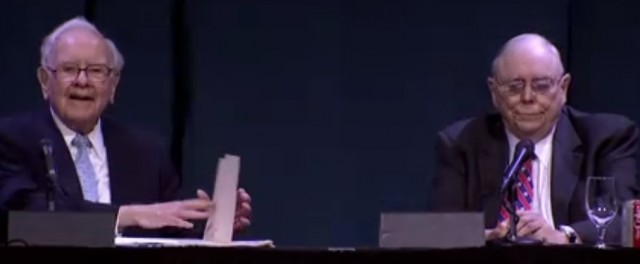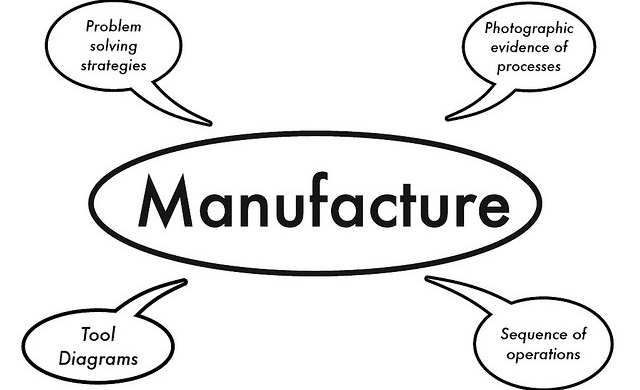In the 1980s Buffett was disturbed by the growing belief in the academic community, and by their Wall Street followers, that the equity market, through the buying and selling actions of thousands of informed investors, “correctly” priced shares. This meant that investors are unable to systematically select undervalued shares and thereby out-perform the stock market. They might manage, through luck, to occasionally achieve exceptional returns, but would eventually fall back to the averages (after allowing for risk).

The idea of no possibility of systematic out-performance is directly opposed to the teaching of Benjamin Graham that the market frequently made mountains out of molehills, that Mr Market can be irrationally pessimistic as well as irrationally optimistic, and that people base buying decisions on emotion and in herds, at least for some periods.
He would say to his classes at Columbia, including Buffett’s, that “In the short run, the market is a voting machine but in the long run, it is a weighing machine”. The market eventually catches up with the value, but there might be long periods offering opportunities to pay a price significantly less than intrinsic value.
The academics called their idea, the Efficient Markets Hypothesis, EMH or Efficient Markets Theory, EMT. This way of thinking was in direct conflict with Buffett’s five decades of investment experience, as well as failing to explain the performance of value investors that had gone before him. He decided to go on the offensive in his 1988 letter to shareholders – it was important that readers understood the teaching he received from Graham and the knowledge he had gained from putting his money on the line:
“The “efficient market theory” (EMT)…doctrine became highly fashionable – indeed, almost holy scripture in academic circles during the 1970s. Essentially, it said that analyzing stocks was useless because all public information about them was appropriately reflected in their prices. In other words, the market always knew everything. As a corollary, the professors who taught EMT said that someone throwing darts at the stock tables could select a stock portfolio having prospects just as good as one selected by the brightest, most hard-working security analyst. Amazingly, EMT was embraced not only by academics, but by many investment professionals and corporate managers as well. Observing correctly that the market was frequently efficient, they went on to conclude incorrectly that it was always efficient. The difference between these propositions is night and day.
“In my opinion, the continuous 63-year arbitrage experience of Graham-Newman Corp. Buffett Partnership, and Berkshire illustrates just how foolish EMT is. (There’s plenty of other evidence, also.) While at Graham-Newman, I made a study of its earnings from arbitrage during the entire 1926-1956 lifespan of the company. Unleveraged returns averaged 20% per year. Starting in 1956, I applied Ben Graham’s arbitrage principles, first at Buffett Partnership and then Berkshire. Though I’ve not made an exact calculation, I have done enough work to know that the 1956-1988 returns averaged well over 20%. (Of course, I operated in an environment far more favorable than Ben’s; he had 1929-1932 to contend with.)
“All of the conditions are present that are required for a fair test of portfolio performance: (1) the
………To read more subscribe to my premium newsletter Deep Value Shares – click here http://newsletters.advfn.com/deepvalueshares/subscribe-1

 Hot Features
Hot Features













